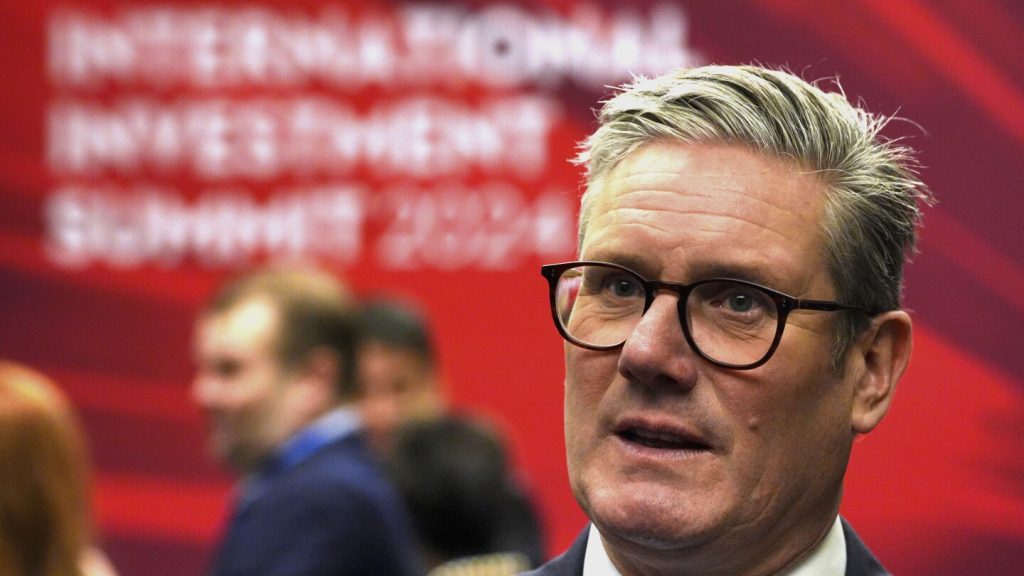The new Labour Party government in Britain has announced a significant investment of 63 billion pounds ($82 billion) in sectors such as artificial intelligence, life sciences, infrastructure, and technology. This announcement was made at a business summit attended by executives from major international companies. The Prime Minister, Keir Starmer, emphasized the importance of attracting investment into Britain’s sluggish economy while ensuring that improvements in workers’ rights do not harm businesses. The government aims to create a stable environment for investors by implementing a hard-headed industrial strategy and reducing unnecessary regulation, particularly around planning.
Despite the government’s efforts to balance the interests of employers and employees, tensions have arisen, as seen in the case of Transport Secretary Louise Haigh urging a boycott of P&O Ferries. This led to concerns from the parent company, DP World, who threatened to pull out of the investment conference. However, after Prime Minister Starmer rebuked Haigh and assured the company that her views did not reflect the government’s stance, DP World confirmed its investment in the expansion of the London Gateway container port. Other deals announced at the summit included partnerships with pharma firm Eli Lilly, U.S. firms for data centers, and an expansion of Stansted Airport and a new freight ferry port in eastern England.
Treasury chief Rachel Reeves announced the establishment of a new National Wealth Fund to promote investment in clean-energy industries, building on the existing U.K. Infrastructure Bank. The business summit provided a platform for government ministers to interact with business executives, showcasing opportunities for public and private investment in various sectors. The event included a reception at St. Paul’s Cathedral attended by King Charles III and featured a performance by Elton John. Despite the presence of influential figures, notable absentee included Elon Musk, whose inflammatory remarks on social media regarding the U.K. government led to speculation about his absence.
Elon Musk’s absence from the investment summit was reported in response to his controversial statements on social media, including criticisms of Prime Minister Starmer and the U.K.’s handling of recent events. Musk’s social media platform X was used to spread false information during anti-immigrant violence in Britain, leading to further scrutiny of his comments. While Musk claimed that he did not attend the summit due to concerns about the government’s decisions, the technology secretary clarified that this was not a political snub. The government remains open to engaging with Musk and discussing potential investments in the future.
The government’s efforts to attract investment while balancing the needs of businesses and workers reflect a delicate balance in economic policy. By emphasizing stability, reducing red tape, and promoting growth in key sectors, the Labour Party aims to revitalize the British economy and provide opportunities for both domestic and international investors. The tense relationships with some companies, such as DP World, highlight the challenges of navigating conflicting interests in a diverse business environment. As Britain seeks to position itself as an attractive destination for investment and innovation, the government’s strategic approach will be crucial in fostering sustainable economic development.


